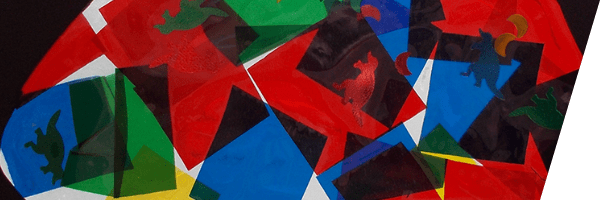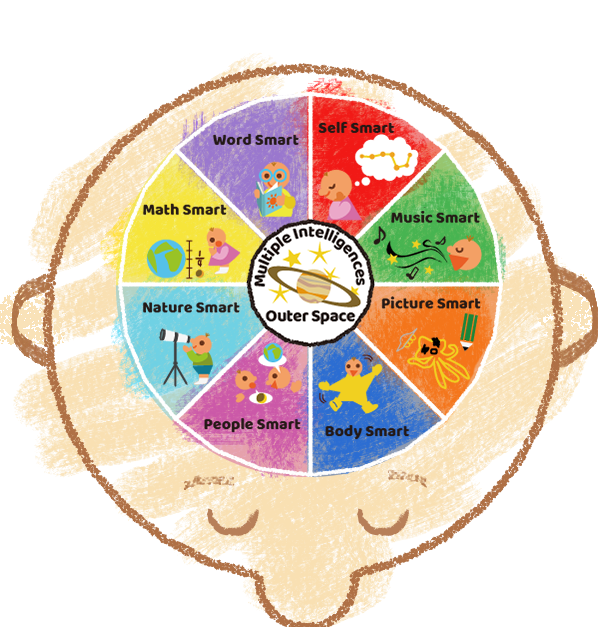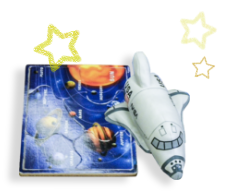
Philosophy
& Values


 Philosophy
Philosophy
Children achieve much of their early learning through play
The physical, socio-emotional, and intellectual development of children is dependent upon activity. Therefore, an important part of the NWIS curriculum is giving our students the opportunity to play.
Our curriculum follows this natural approach to learning and builds upon it. Through touching, manipulating, exploring and testing, children learn about the world around them. By interacting with other children and adults, they learn about themselves and their relationship to others. Through play, children imitate adults and experiment with what it means to be a caregiver, a fisherman, a firefighter, a doctor and so on. Through play, they learn how to solve problems and work cooperatively with others.
Play (with purpose) will be the central element of the NWIS curriculum.
遊びの中から子どもは学ぶ
子どもたちは触ったり、試したり、観察したり、探求したりする中から自分たちの世界を築いていきます。子どもを取り巻く環境にどれだけ学びの要素を自然に楽しく遊びの中に取り込んでいくかが重要になります。NWISは子どもの発達に応じた適切なプログラムを提供し心と体、社会性、知的発達を積極的に促していきます。
 Values
Values
Multiple Intelligences
The theory of multiple intelligence was developed in 1983 by Dr.Howard Gardner, professor of education at Harvard University.
The theory of multiple intelligence frames the curriculum to validate the individual learners' strengths.
We individualize our teaching as much as possible so that the students learn in ways that are not only effective, but also comfortable for them.
MI理論(Multiple Intelligences)
マルチプルインテリジェンスとはハーバード教育大学院のハワード・ガードナー博士により発表された知能に関する理論で、知能は単一ではなく多数あり、人間は複数のインテリジェンスを備えていて、その人の個性になると考えられています。個々の得意な好きな方向からアプローチすることで、その子どもに合った力の伸ばし方ができるという考え方です。
インテリジェンスには8つの種類があり、人は複数のインテリジェンスを備えていてその人の個性になると考えられています。
Eight Intelligences
-
Self SmartIntrapersonal intelligence1
-
Music SmartMusical intelligence2
-
Picture SmartSpatial intelligence3
-
Body SmartBodily-Kinesthetic intelligence4
-
People SmartInterpersonal intelligence5
-
Nature SmartNaturalist intelligence6
-
Math SmartLogical-mathematical intelligence7
-
Word SmartLinguistic intelligence8

By incorporating the MI theory into our curriculum, NWIS provides each child with eight different potential pathways to learning.
Our children explore their learning style preferences through a variety of interactions, demonstrations, and of course play.
If our theme is Outer Space for example, we would explore the theme in a variety of ways,
through reading, thinking logically, researching, different forms of art, dramatic play, sensory play, group work, and exploring its connection with nature. Children who receive this approach will have a deeper, more well-rounded understanding.
NWISでは子どもたち一人ひとりが持っている違った才能に目を向け守り育む教育で、多様性の素晴らしさや大切さを学びます。NWISのMIシステムは子どもたちに教育を提供する際に、できるだけたくさんの方法、アプローチで子どもたちの多様なインテリジェンスに働きかけます。
例えば、宇宙について学ぶときには、本を読む、写真や模型を使う、歌で太陽系の順番、名前を覚える、アートや工作を楽しむ、惑星の特徴を知り、宇宙食の試食、ロケットの実験をし、無重力を身体で表現する、パズルやドラマティックプレイ、触覚の遊びも宇宙に関したものを体験します。そしてグループで話し合い一緒に作業することによって個々の興味とペースで理解していくのです。その結果、彼らなりの理解をさまざまな方法でアウトプットしていきます。
ジャーナルを書く、絵を描く、体で表現する、本を読みふける、みんなに伝える、ドラマティックプレイを楽しむ、博物館巡りをする、天体観測をするなど自分のインテリジェンスを活かして体得するのです。
-
 Dramatic PlaySelf Smart
Dramatic PlaySelf Smart -
 SingingMusic Smart
SingingMusic Smart -
 Art & CraftsPicture Smart
Art & CraftsPicture Smart -
 DancingBody Smart
DancingBody Smart -
 Group WorkPeople Smart
Group WorkPeople Smart -
 Field WorkNature Smart
Field WorkNature Smart -
 Thinking
Thinking
LogicallyMath Smart -
 ReadingWord Smart
ReadingWord Smart
Another major element at NWIS is our biliteracy/
language arts program
Just as babies naturally learn the rhythm of their mother tongue, NWIS students will absorb English in the same way with our rich educational environment.
The language curriculum is designed to help children gain an increased skillset in speaking, listening, writing, and reading.
They are offered the Jolly Learning program, a fun and child centered approach.
Our program reflects our deep commitment in helping children become effective and confident communicators.
Vocabulary practice will be part of the daily routine as well as focused short reviews of full sentence structures. This blend of fun, physical, high energy songs/chants and focused language review plus the constant English exposure throughout the day, will give your child the best foundation for learning a second language.
NWISバイリテラシープログラム
バイリンガルとは二つの言語で他者とコミュニケーションがとれる人、バイリテラシーとは二つの言語で学習することのできる人と定義しています。
NWISの子どもたちは毎日の幼稚園生活の中で母国語を学ぶのと同じように英語を習得していきます。
自然な英語の世界の日々に加え、英語圏で使用されている教材を用いReading Skill、Writing Skill を楽しく確実に身につけます。第二、第三の言語として英語を習得する子どもたちには特別に開発されたバイリテラシープログラムが用いられます。
ボキャブラリー強化、フルセンテンスで話す、正しい文法を使用する、読み書きの力をネイティブスピーカーの同年齢の子どもたちと同等の力を付けるなどを目的としたプログラムが遊びの中に取り込まれています。言語教育は知性を育てる過程と切っても切り離せない関係にあります。人は言語を通じて知的な世界を獲得していくといっても過言ではありません。この知的な世界を形成していくためには、「聞くこと、読むこと、話すこと、書くこと」が自由にできなくてはならないのです。NWISのバイリテラシープログラムはMI理論( Multiple Intelligence ) を用い子どもたちに言語の習得を促すために、言語だけでなく知識力と論理的思考力を伸ばし、自信を持った子どもに育ちます。
バイリテラシーの子どもたちは一つの言語を話す子どもたち-に比べて思考的に上回る部分がある、物事を分析する力が優れている、異文化に対してポジティブな見解を持つなどが知られています。卒業後には語学力のみならず、論理的思考、観察力、基本的学習能力を伸ばし、インターナショナルスクールに進学できる力を身に付けています。

